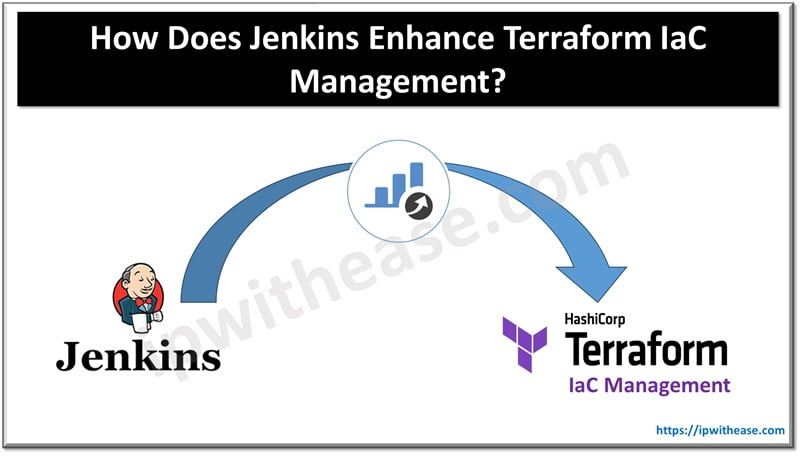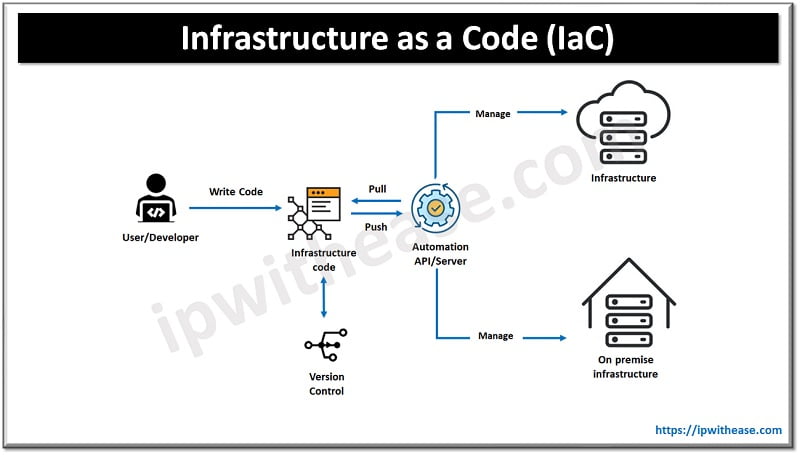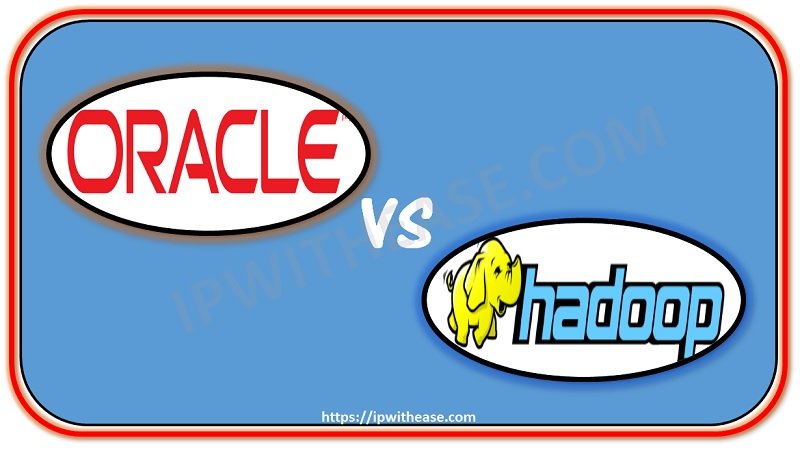Introduction to Programming
Programming has become a hugely popular career choice among many young people. It certainly has its advantages, not least that it virtually guarantees you a job when you’re finished, and you can work from just about anywhere.
Crucially, of all the careers someone might choose to start today, it’s about as future-proof as it’s possible to be. If you’re of the opinion that the machines are going to take over and we’ll soon live in a multiverse, someone will have to carry out the actual programming to give people somewhere to operate from. Even as other roles become automated, someone will have to guide the robots and their software. After all, artificial intelligence can only get people so far at the moment!
There are clear advantages to adopting it as a career, and certain languages are almost essential for beginners. Try your hand at the below recommendations for a solid foundation in coding, along with learning in-demand skills that can last a lifetime.
1. JavaScript
If you’re reading this, you’re on the internet, and if you’re on the internet, you’re probably dealing with JavaScript. Considered the most in-demand programming language in the world in terms of job opportunities, anyone that invests their time in mastering it won’t be short of career options when the time comes.
Some might think that its popularity means that most programmers know it, but it’s unlikely ever to reach a critical mass where a JavaScript expert is short of opportunities. Conversely, its popularity means that there are all sorts of support mechanisms out there for people that want to learn. From tools to test JavaScript code to dozens of educational resources, everything’s in place for anyone eager to learn.
2. Python
Big data is more than just a buzzword in the business world. More companies than ever before are highly reliant on handling and analyzing vast swathes of information about customers, markets, competitors, and much more. The tools they use often rely heavily on the Python programming language.
It’s considered among the very best programming languages for mobile apps too – and is one of many, as we’ll discuss shortly.
It’s relatively easy to learn, making it ideal for beginners, and experienced coders have taken to saying that there’s nothing Python can’t do. That means no matter your plans for the future, or even if you’re at a stage where you want to learn now and make decisions later, it’s an essential part of your toolkit.
3. Java
Java ranks second on the TIOBE Index at the time of writing, indicating the most popular programming languages around. That’s just behind Python, which it regularly vies with for the top spot.
It has been around forever and is one of the oldest object-orientated languages in existence. Fortunately for those just getting started, it shows absolutely no signs of slowing down.
Like Python, it’s attractive to beginners as it’s used all over the internet. You might want to go into banking in the future. Java will help you get there. The same applies to Android apps and even dedicated software.
The similarities to Python continue as it’s also relatively easy to learn. In most cases, the first programming language you learn will be the most difficult simply because the skills you pick up along the way make others inherently easier. If you’re brand new to the programming world, Java could be an excellent choice.
4. C#
While not exclusively the case, many young people who express an interest in programming do so based on their video games experience. All the languages mentioned already can be used for video game design, but C# comes into its own as the language of choice on the Unity engine.
The engine boasts an impressive list of popular titles, including the likes of Fall Guys, Hearthstone, and EA Sports’ PGA Tour titles, so anyone with aspirations to enter game design should position C# relatively high on the priority list.
Even if you have no interest at all in gaming, it’s still worthy of consideration. Created by Microsoft, it integrates fully with the .NET framework and is also suitable for developing desktop and mobile apps and software.
Continue Reading:
Best Programming Languages for Mobile Apps
ABOUT THE AUTHOR
IPwithease is aimed at sharing knowledge across varied domains like Network, Security, Virtualization, Software, Wireless, etc.



